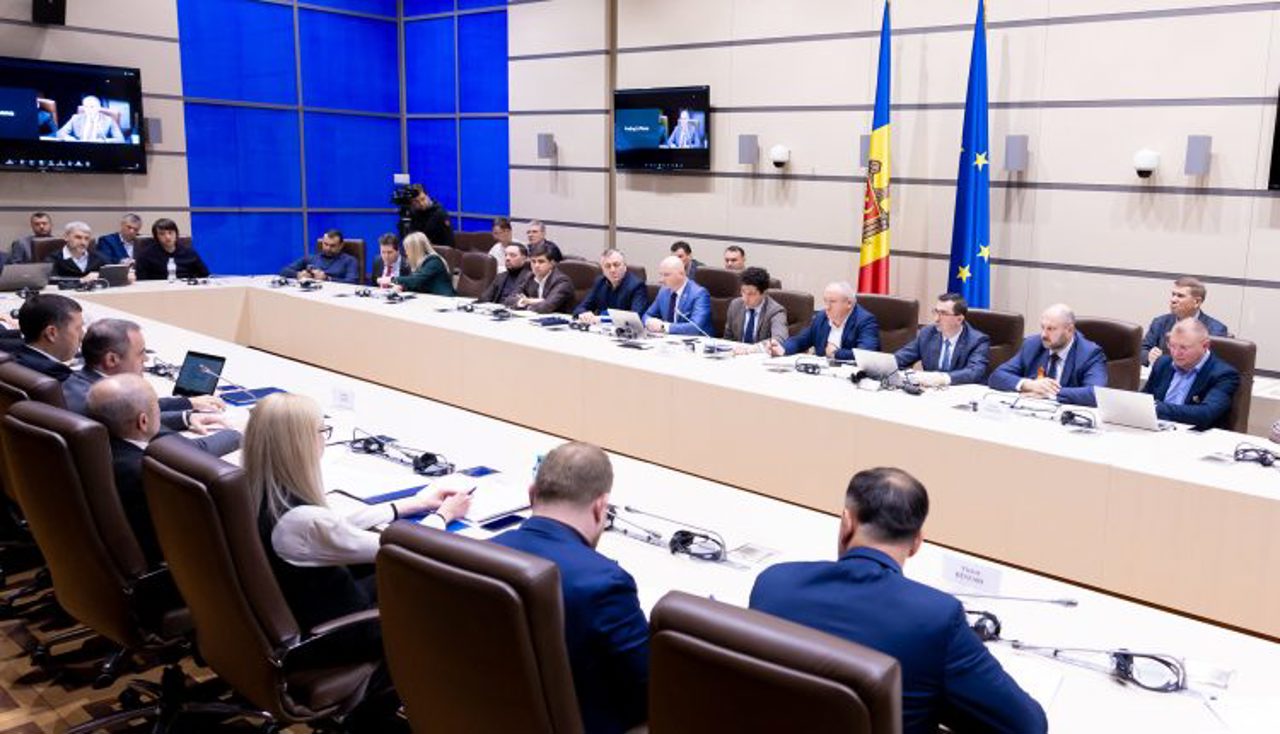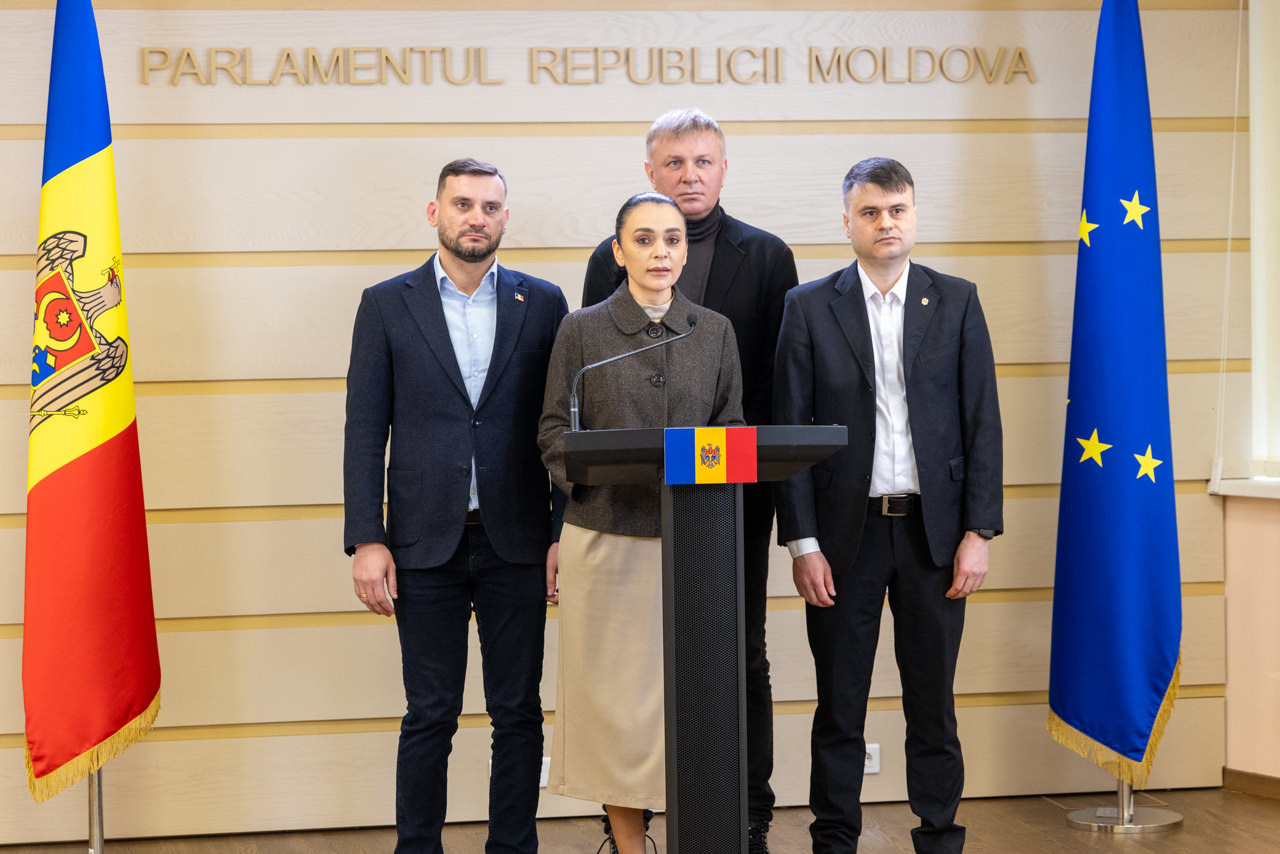Moldova announces natural gas tariff hikes and new energy plans
The increase in natural gas tariffs is “inevitable”; otherwise, we risk accruing debts that would ultimately fall on end consumers.

This is one of the main conclusions from the parliamentary hearings regarding the increase in gas prices and its effects on consumers and the national economy.
Over the next 60 days, energy-sector institutions must present detailed plans to purchase and diversify energy resources for a 12-month period to mitigate future price fluctuations.
Recommendations from the parliamentary hearings
To suppliers:
- Present a 12-month procurement plan for natural gas intended for household consumers.
- Purchases must be staggered, divided into contracts with varying durations and prices, in line with European standards, according to Radu Marian, chair of the parliamentary energy committee.
To the Ministry of Energy:
- Avoid direct intervention and micro-management in the daily procurement of energy resources or in estimating procurement prices. Radu Marian emphasized, “Dignitaries and public officials cannot substitute for professionals conducting estimates and procurements. However, this does not mean the ministry cannot engage, particularly at the political and strategic levels.”
- Together with the Public Property Agency (APP), the ministry must establish annual performance indicators for energy companies and their management.
To Energocom:
- Within 60 days, a plan must be developed to increase the number of clients, including outside the Republic of Moldova. Radu Marian stated, “Energocom must become more active in the regional energy market to boost profitability and dividends. These dividends should be shared with the national public budget, benefiting all citizens.”
- Energocom is also expected to prepare a strategy to enter the retail gas market in Moldova, targeting households and small- to medium-sized enterprises. “Energocom already holds a degree of respect and credibility. It must capitalize on this shift to the free market and establish itself as a competitor. We demand this plan,” Marian added.
To the National Agency for Energy Regulation (ANRE):
- Develop and implement a communication strategy to explain the benefits of entering the free market. “Citizens have grown accustomed to long-term contracts, but that’s no longer the case. Even Gazprom no longer offers long-term contracts; all agreements are now market-based. We need to educate citizens about these benefits,” said Marian.
- Introduce more sophisticated tools for processing tariff adjustment requests from suppliers.
Parliament will reconvene in 60 days to assess the progress made.
Key statements during the hearings
- Are we independent of Russian gas? Energy Minister Victor Parlicov responded, “For the right bank, yes. However, for the left bank, there is no alternative supplier that can provide essentially free gas for the Transnistrian region.”
- Preferential pricing with Romania: Parlicov noted, “In June, we approached Romanian partners to negotiate a preferential price contract. Discussions escalated to the level of prime ministers. As far as I know, these discussions concluded after the elections, securing volumes at advantageous prices under favorable political support.”
- The Gazprom contract: Parlicov explained, “The contract is valid until 2026, with a pricing formula partially tied to market prices and partially to petroleum product indices. Contrary to belief, the formula is not always more advantageous than market rates. For instance, in 2023, we saved approximately 60 million euros by purchasing gas on the European market instead of adhering to the Gazprom contract.”
- Gas supply for winter: Vadim Ceban, Director of Moldovagaz, stated, “Eighty percent of the required volumes for the winter season are secured. December and January are fully covered, and procurement for February is underway.”
- Consequences of not raising tariffs: Alexei Taran, ANRE Director, warned, “Without an immediate tariff adjustment, we risked accumulating a significant tariff deficit. Entering the high-consumption winter months with any discrepancy in procurement costs would have exponentially increased the financial burden.”
- Why were cheaper gas purchases not secured earlier? Parlicov clarified, “The Ministry of Energy does not directly handle gas procurement; this is the responsibility of specialized companies. The ministry only monitors the market and provides recommendations.”
Beginning December 1, household consumers will pay an additional 3.3 lei per cubic meter of natural gas consumed. This increase, approved during ANRE’s November 29 meeting, will be accompanied by enhanced energy subsidies, though the specific mechanism has yet to be announced.





